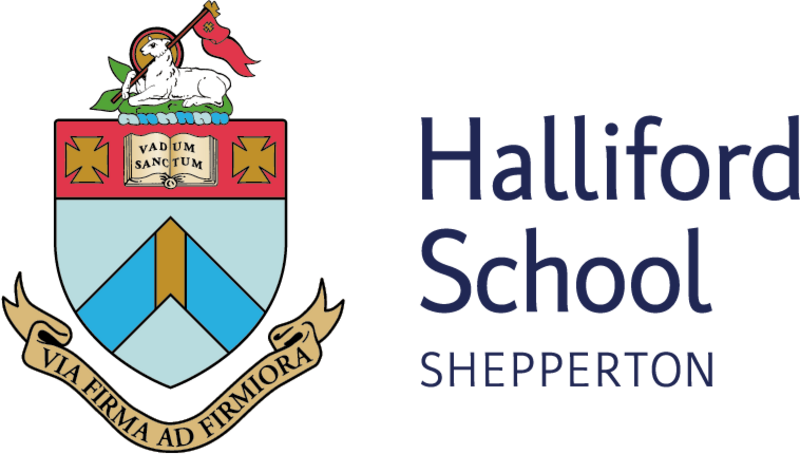
Computer Science is a fast-paced and constantly evolving subject with potentially far reaching social consequences. Study of the subject places an individual at the forefront of the technology curve, opening the door to numerous career and educational possibilities. Students learn about the fundamental principles of operation of a computer from the perspective of hardware, software and networks. Students look at aspects of network security and data handling as well as ethical, moral and legal aspects. In addition to theory, students improve their knowledge of programming. This is useful in itself, but also develops a number of transferable skills, such as • The capacity to think creatively, innovatively, and laterally • Logical Reasoning • Critical analysis • Innovation • Abstraction and Decomposition • Pattern Recognition • Design skills • Solution Modelling • Problem Solving • How the real world can be modelled on a computer
We are delighted that you are considering Halliford Sixth Form. Entry into Sixth Form is based on an interview, a satisfactory report from the previous school, and a minimum of 5 GCSEs at Grade 5 or above including English and Mathematics. It is a requirement that students achieve at least a Grade 6 at GCSE in the subjects that they wish to study at A Level.
• Paper 1 - 40% of the course, written theoretical exam, 150 mins • Paper 2 - 40% of the course, written practical exam (programming based) 150 mins • Programming Project, 20% of the course
About Education Provider
| Region | South East |
| Local Authority | Surrey |
| Ofsted Rating | |
| Gender Type | Co-Educational |
| ISI Report | View Report |
| Boarding Fee | Unknown |
| Sixth Form Fee | �20,850 |
| Address | Russell Road, Shepperton, TW17 9HX |
Computer Science is a fast-paced and constantly evolving subject with potentially far reaching social consequences. Study of the subject places an individual at the forefront of the technology curve, opening the door to numerous career and educational possibilities. Students learn about the fundamental principles of operation of a computer from the perspective of hardware, software and networks. Students look at aspects of network security and data handling as well as ethical, moral and legal aspects. In addition to theory, students improve their knowledge of programming. This is useful in itself, but also develops a number of transferable skills, such as • The capacity to think creatively, innovatively, and laterally • Logical Reasoning • Critical analysis • Innovation • Abstraction and Decomposition • Pattern Recognition • Design skills • Solution Modelling • Problem Solving • How the real world can be modelled on a computer
We are delighted that you are considering Halliford Sixth Form. Entry into Sixth Form is based on an interview, a satisfactory report from the previous school, and a minimum of 5 GCSEs at Grade 5 or above including English and Mathematics. It is a requirement that students achieve at least a Grade 6 at GCSE in the subjects that they wish to study at A Level.
• Paper 1 - 40% of the course, written theoretical exam, 150 mins • Paper 2 - 40% of the course, written practical exam (programming based) 150 mins • Programming Project, 20% of the course